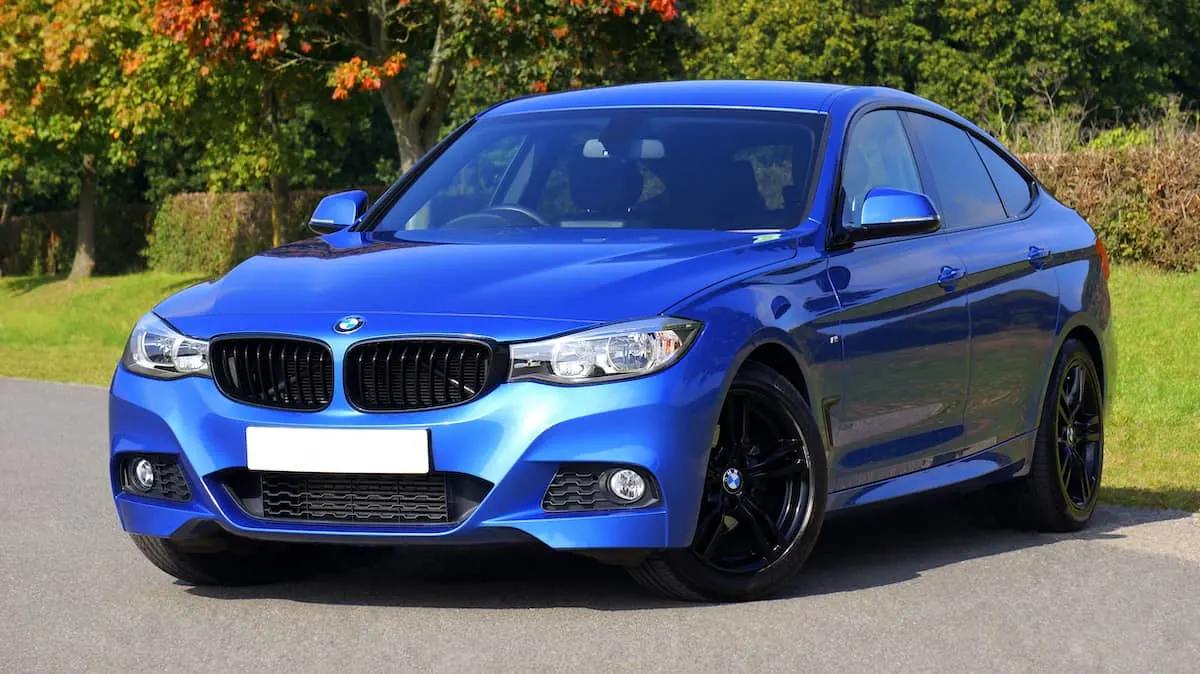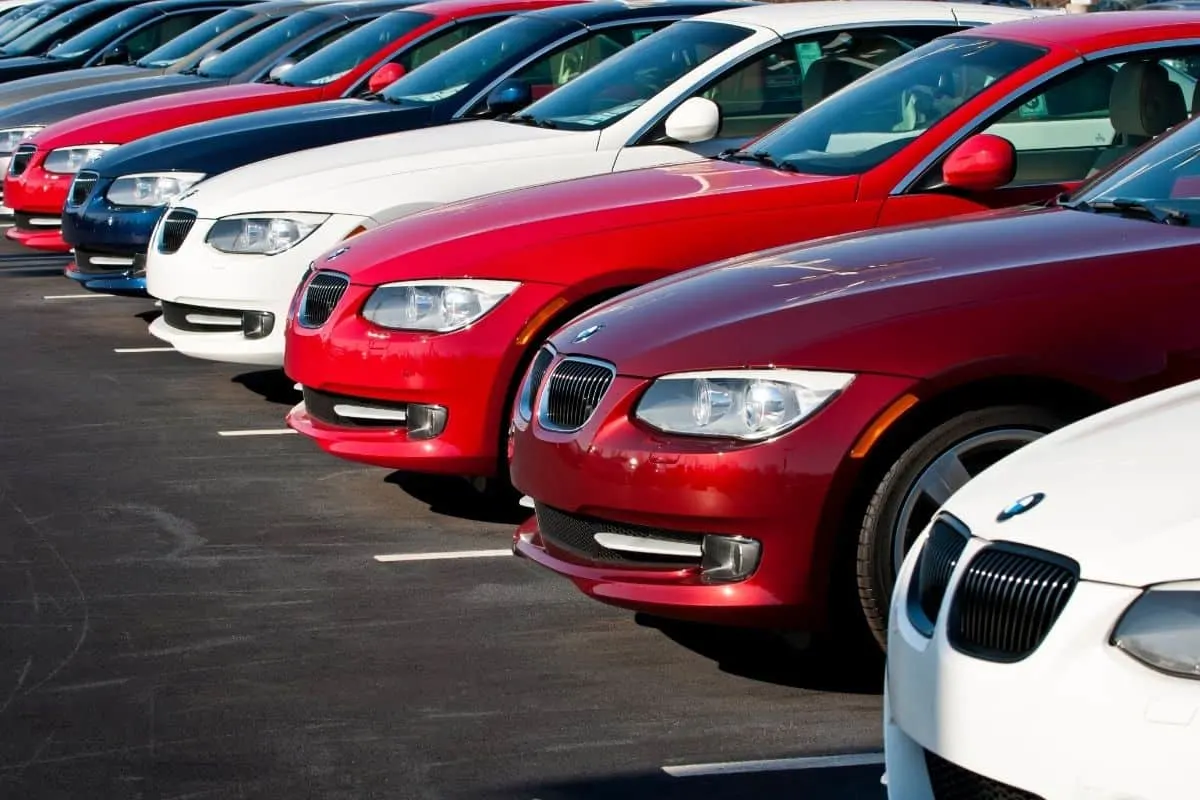BMWs are famous for their excellent efficiency ratings and durable engines, but they come with a steep price tag to match, so buyers ask: Are they worth it? Just how many miles can a BMW last?
Most BMW cars will last 200,000 – 250,000 miles with proper maintenance. In addition to regular maintenance, you can expect to need to replace common parts such as the coolant system, electric windows, and battery as the vehicle ages.
It’s not uncommon to see BMWs purchased in the 1980s still on the road today. You may even see well-maintained BMWs at the racetrack on weekends with more than 500,000 miles on their odometers.
My own first BMW was a 3-series that I drove until it had 209,000 miles on it before eventually trading it in! With that in mind, it’s worth considering what you should do (and avoid) to help ensure that your BMW lasts.
BMW Mileage Expectations
These days, BMWs are not appealing to budget-conscious drivers who want to maximize their dollars by investing in a car that can take them through several cannonball runs.
This market can find far less expensive cars with the same longevity as a BMW—but have far fewer creature comforts.
BMW brand loyalists believe their “Bimmers” can drive far better than any competing vehicles, allowing them to savor each mile they drive instead of absent-mindedly racking them up.
BMW’s engineering is still unmatched, with a perfect seating position relative to the car’s buttons and controls.
Unlike the competing Subaru, also known for its longevity, most BMWs are rear-wheel-drive cars with perfect 50:50 distribution of weight in the rear and front wheels.
This engineering “bulletproofs” these vehicles for inexperienced drivers and guarantees that the engine, chassis, and body will last for many miles–well above 200,000.
A gently cared-for BMW should give you no issues and allow you to drive it for upwards of 20 years. It’s not uncommon to see a BMW in the vintage car collections of enthusiasts and millionaires, as well as our grandparents’ garages.
If you test them on the road, they will all run like new!
A well-maintained BMW with more than 100,000 miles on its odometer will look much better than an equally-maintained Toyota Corolla with the same number of miles.
A BMW’s paint job will appear much shinier and more blemish-free, and its parts, although more expensive, won’t need replacing as often.
How Reliable Are BMW Hybrids?
BMW’s new hybrid and electric vehicles, like the i3 and i8, are still largely untested.
Most cars in this category have a reputation of falling apart before they reach 100,000 miles. However, the BMW models have carbon-fiber components with the same durability as steel but half the weight.
Compared to the offerings of BMW’s competitors like Hyundai, Kia, and Toyota—all of which feature more aluminum and plastic on the engine bay that mechanics are starting to dread—BMWs are capable of lasting much longer.
However, the reliability of BMW’s electric cars is still inconsistent.

What Is High Mileage for a BMW?
An expression circulating in car enthusiast circles is, “There is no such thing as an old BMW.” BMW models from the 1980s are classics worldwide, and fans claim that they drive as well now as they did when new. Many BMW car clubs exist across America.
However, like all car manufacturers, the German company has produced a few duds in its lineup that you should avoid. Don’t buy anything from the 2012 BMW 3 Series, the 2016 BMW 3 Series, or the 2009 BMW 5 series.
You may be able to find some models online for low prices, but that’s because they will fail after you drive them for a couple of thousand miles.
If you take care of your BMW, you can drive it up to 300,000 or perhaps even 500,000 miles, which is extremely high mileage for any car!
What’s more, you’ll be cruising through those miles with a level of comfort that a Toyota or a Kia can’t provide.
What Are the First Things to Fail or Need Replacing on a BMW?
BMW cars feature some of humanity’s best works of engineering on moving bodies, but even so, they’re far from perfect.
BMW cars tend to fail, especially if you don’t take them for regular maintenance checks!
Here are the first things that BMW drivers commonly replace on their cars:
- The coolant system. Without regular servicing, a BMW’s coolant system may fail between 80,000 and 120,000 miles.
- The electric windows. A BMW has an intricate electronic system that governs its cockpit additions, and the electric windows are commonly the first to fail.
- The climate control system. Closely tied to the coolant system, a BMW’s climate control system can frequently over-or under-heat, which might indicate that its coolant systems are failing.
- Dead batteries. BMW cars rely heavily on electronics, so they hog more battery power than other vehicles. Even the car’s locking system is battery-powered, so you might need to use an old-fashioned key to get in when your battery dies.
- The door handles. Failing door handles are a particular infirmity of the BMW X5. When you lift the door handles, and nothing seems to happen, you will need to replace the entire locking mechanism.
How Can I Get More Mileage Out of my BMW?
To keep your beloved vehicle healthy and going strong, be sure to:
- Change your oil regularly and use BMW’s recommended oil for your model
- Keeping your tires at the right PSI, replacing old cabin filters, and sticking to a tune-up schedule are also essential.
- Limit your use to only a third of the maximum vehicle capacity delineated in the BMW manual, not only to maintain riding comfort but to help your suspension, chassis, and the engine last longer

What Separates BMWs From Other Cars?
The Bavarian Motor Works (Bayerische Motoren Werke AG), makers of the BMW, began in 1916 as manufacturers of aircraft engines. The company started producing automobile engines in 1928, and it now manufactures the BMW, Rolls-Royce, and Mini.
BMW has always taken pride in its cars by dubbing them the “ultimate driving machines.” With the 1985 release of the hand-built BMW M5 sedan, which became the fastest production car of the decade, that slogan materialized into something tangible that people could drive.
The 2001 release of the BMW 520i brought BMW’s trademark longevity into an era where fuel efficiency reigns and durability trails behind. Newer Asian competitors have produced more budget-friendly cars using cheaper engine parts made of plastic and aluminum.
However, BMW has stuck to its tried-and-true, decades-old engine designs. The company’s made gradual, conservative improvements to its engine over time and has refused to add to its production models until it has perfected the new technologies.
BMW vs. Today’s Popular Cars
The only car manufacturer to mimic this philosophy has been Toyota, one of the biggest car brands in the world today. With the release of the Prius, the Japanese manufacturer was looking to become the dominant name in hybrids and electric cars, along with Tesla.
However, BMW is hot on Toyota’s tail with its carbon-fiber-laden, electric i3s, and i8s!
The distinction is that BMW models are more expensive, with prices out of range for many consumers, while Toyota has priced the Prius models to make them more available to the general public.
Throughout its history, BMW has achieved a reputation as an innovator and has remained unbeaten in endurance and durability. However, the high price of an average BMW has led competitors like Toyota and Hyundai to grab much of the market share.
Today, what separates BMWs from other cars is their drivers—people who are passionate about driving, as opposed to drivers who see their vehicles as mere appliances to transport them from point A to point B.
In summary, the final word is that if you take meticulous care of your vehicle, you should be able to enjoy it for hundreds of thousands of miles! If you’re still wondering if BMWs are good cars, then you should also take a look at my article here.
